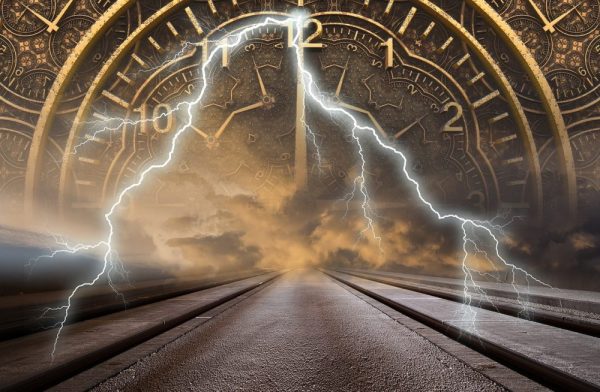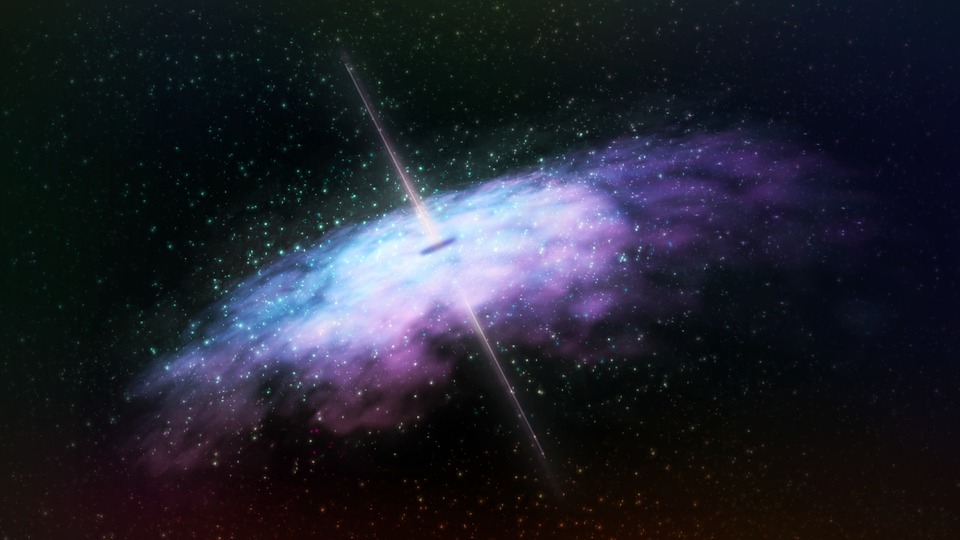Stopping Time for Dummies
The relentless march of time can be a source of anxiety. Who hasn’t sometimes wished for the ability to freeze themselves in a happy moment or even prevent a loved one from slipping away. Every once in a while, a science-fiction book, movie or TV show will feature characters who can do what we all wish: Stop time. But is such a thing possible? Answering that question requires a deep dive into the farthest corners of physics, philosophy and human perception. First, we have to define time. “To a physicist, it’s not that mysterious,” Sean Carroll, a theoretical physicist at … Read more









